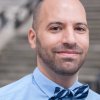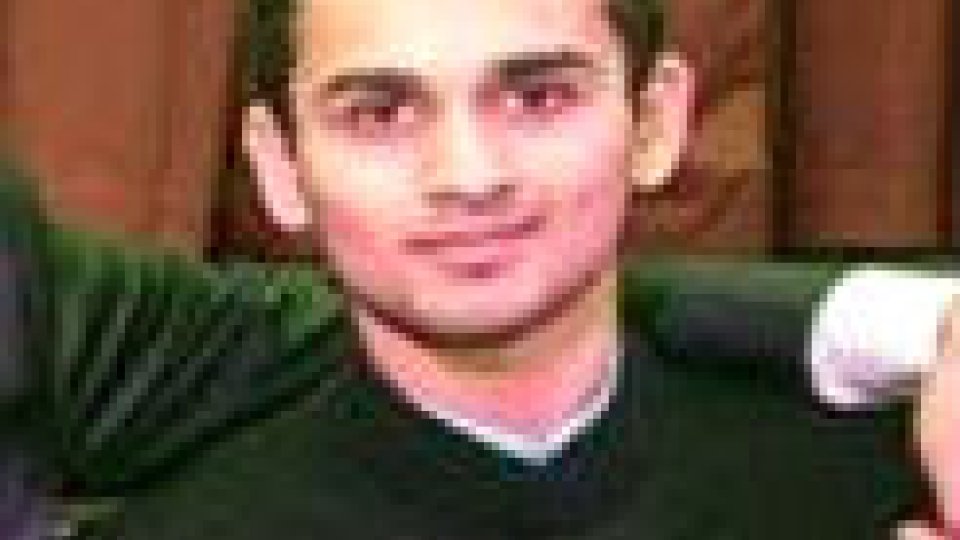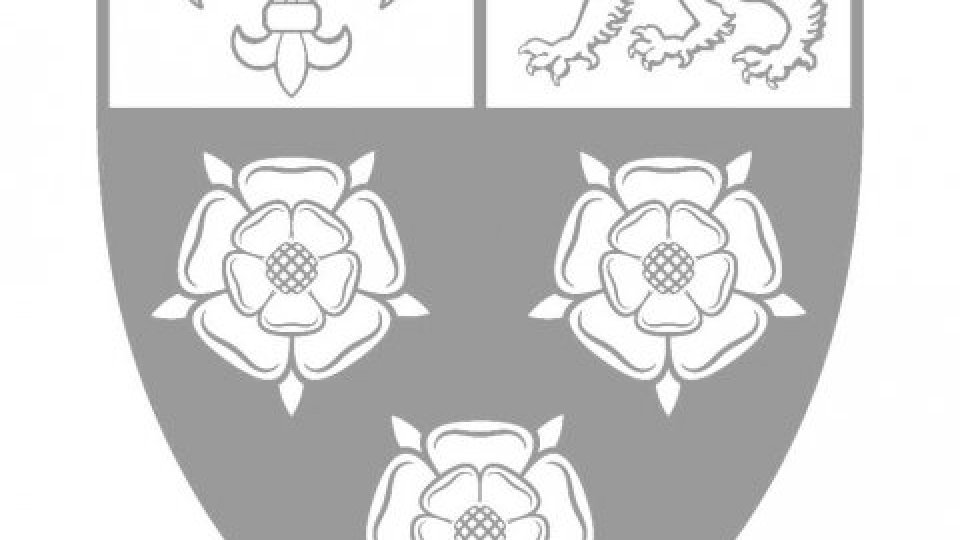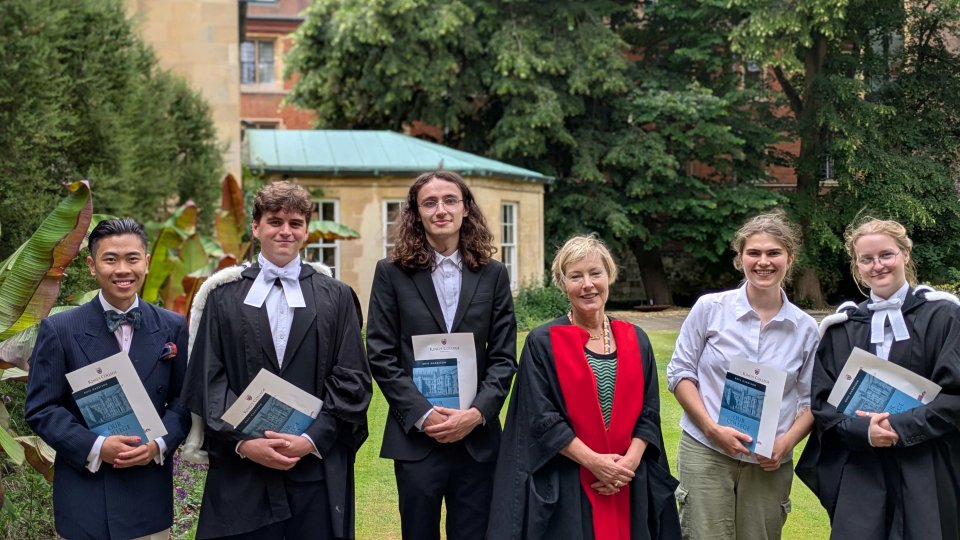Cambridge has one of the largest and best history faculties in the world, and our course reflects the quality and breadth of interest of our teaching staff. The History degree gives you the opportunity to explore the past from many different angles – including political, economic, social and cultural history – and to explore the interaction between history and other disciplines, such as politics, anthropology and archaeology.
In the Cambridge History Tripos, you begin by building a broad base of historical knowledge over the first two years (Part I of the Tripos). During this time you take at least one British political and constitutional history paper, at least one British economic and social history paper, and up to four more papers in European history, extra-European history or the history of political thought. You also choose one ‘Themes and Sources’ option, which is taught in University classes and examined by an extended essay.
In your third year (or Part II), you apply your skills to very specific historical issues and problems, working closely from primary sources in a range of what are known as ‘special’ and ‘specified’ subjects. You may substitute a 10,000 word dissertation on an approved subject of your own choice for one specified subject paper. You also reflect more broadly on what you have learned in a paper on historical argument and practice. Undergraduates who transfer to the History Tripos from other subjects may take Part II of the Tripos over two years, instead of one.
History is taught at Cambridge by way of University-based lecture courses and College-based supervisions. The relationship between the two is co-ordinated by the College’s Director of Studies in History who arranges your supervisions each term and oversees your historical education. You will also be advised by an expert supervisor for your dissertation.
History at Cambridge
Undergraduate students and staff talk about studying History at the University of Cambridge. To find out more about this course, see www.undergraduate.study.cam.ac.uk Disclaimer: While every effort has been made to ensure that the information contained in this video is accurate at the time it was uploaded, changes are likely to occur. It is therefore very important that you check the University and College websites for any updates before you apply for the course by visiting…
King's is a friendly and exciting place to study History, following in a distinguished College tradition in this subject. In the middle of the twentieth century, King's was pioneering in economic history: Sir John Clapham was a lecturer, and Eric Hobsbawm an undergraduate. In recent years, the College has been particularly distinguished in the history of political thought, numbering among its Fellowship John Dunn, Istvan Hont, Michael Ignatieff, Tony Judt, Melissa Lane, Michael Sonenscher, and Gareth Stedman Jones, who between them have rewritten the subject from Plato to the present day. Economic history and political engagement continue to be the hall-marks of History at King’s, which co-hosts the Centre for History and Economics. King’s historians also join in the College’s long tradition of archaeological and anthropological studies, drawing upon interdisciplinary methods to advance historical research in society, culture, gender and belief.
King's will suit you wherever your interests lie within the History course. Academics at King's currently teach Greek and Roman history, medieval history both early and late, European history from 1715 to the present, world history, and the history of political thought from Plato and Aristotle to Rousseau and Marx. For other areas of the course the Director of Studies arranges teaching with specialists in other Cambridge Colleges.
King's is conveniently one of the closest Colleges to the History Faculty on the Sidgwick Site, a few minutes' walk away, where historians have lectures and seminars. Students also find the proximity to the University Library just behind the Garden Hostels very useful. In College, King's Library is available 24/7 and provides a very pleasant place to study and work on essays and dissertations, as well as being well-stocked for historians. The King's Archive Centre is a rich resource of medieval to modern documents and records about the College, its members and their research.
Outside of formal study, the College History Society is the oldest in the University, and variously forms a venue for reading groups, talks on their research by graduate students, and papers by invited outside speakers.
King's historians come from all educational backgrounds and we welcome applications from international students as well as those at school in the UK. The numbers admitted in History vary from year to year, but we rarely admit fewer than seven or more than ten undergraduates.
Subject Requirements
Applicants for History should be studying History at A level or equivalent. We may ask for an A* in History, so expect students who apply with achieved grades to already have an A* in History.
For a strong application in History, you need a curiosity not just about the past but about how we can know about the past. Applicants will be expected to demonstrate interest in History and will be assessed on the potential to succeed in this subject.
Written Work
Once History candidates have applied through UCAS, they are required to submit two recent History essays. These are to be essays completed as part of your A-Level or equivalent studies in History (please don't send work from other subjects) and they must contain your teacher's comments or marks. We will provide information on how to submit this after 15th October.
Interviews
If you are asked to attend interviews in early December, we will seek to explore areas of history that are familiar to you, but also problems that are unfamiliar. You may be asked to say something about the type of history that interests you and to explain why it does. The aim of the interviews is to give you a chance to show the sort of historical curiosity and motivation that will allow you to take advantage of the opportunities for original thinking and independent work provided by studying History at King’s.
Abdulla, Hannah and Joel have written about their experiences of studying History at King's, including what attacted them to the course, the transition from sixth form, the teaching, their choice of papers, timetable and workload, sports and social life, and the application process. These are well worth reading to get a sense of what studying History at King's is really like.
There is no required reading material for History applications but if you would some specific material to think about, the Director of Studies in History has provided some examples of historical writing, linked to below. You will find further reading advice, a virtual classroom and some online lectures on the faculty website.
Events which may be of interest in the year before you apply (year 12 in the UK) include Oxford and Cambridge Student Conferences, CU Masterclasses and King's Open Days. Students from backgrounds where there is little tradition of entry to Higher Education might like to think about applying for the Sutton Trust Summer Schools or the CUSU Shadowing Scheme.















